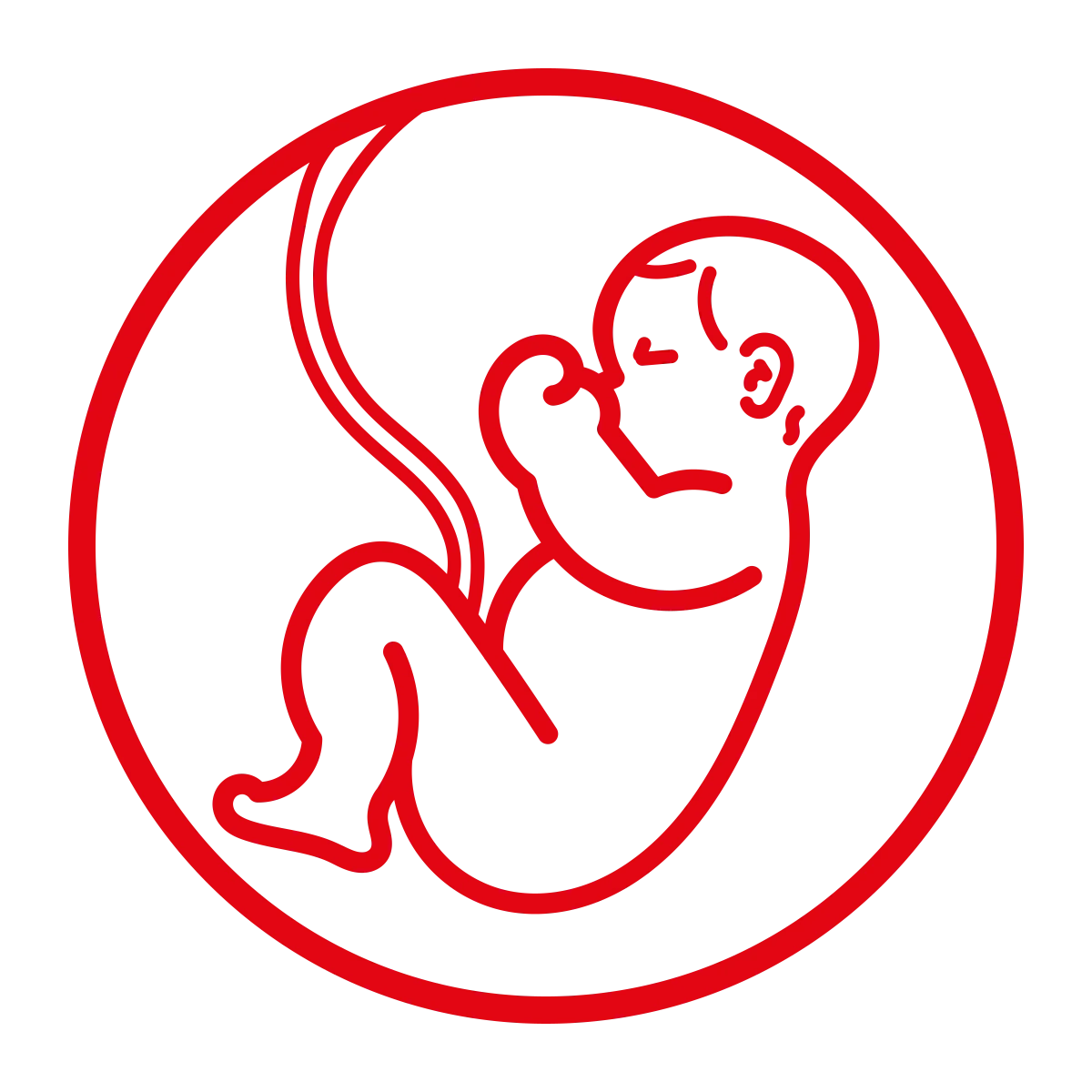Lawyer Jeffrey Killino Will Recover Wrongful-death Damages for the Loss of Your Loved One
When someone negligently or intentionally causes the death of another, certain survivors of the decedent may be allowed to file a wrongful-death suit in civil court against the person whose actions were a cause of the death. Anything from an accidental death caused by simple negligence to first-degree murder can be the basis for such a suit.

Who is allowed to file a wrongful-death suit?
Most states have statutes that prescribe the particulars of the wrongful-death law applicable to that state. Since wrongful-death suits seek compensation for the losses suffered by the decedent’s survivors (rather than for losses suffered by the decedent), most states allow such suits to be filed only by close relatives. Generally, the suit is filed by a representative on behalf of all of the close survivors who have suffered damages as a result of the decedent’s death.
All states allow immediate family members to recover damages for the wrongful death of a loved one. Thus, parents of minor or unmarried adult children, and spouses and children of a decedent, may generally bring an action, although some states only allow minor children to file suit. Though it is less common, some states allow siblings and grandparents of a decedent to sue for wrongful death. Even less common are statutes allowing suits by domestic or unmarried same-sex partners.
Against whom may a wrongful-death suit be filed?
Generally, a wrongful death suit may be filed against any individual or entity whose actions or inactions were a negligent or intentional cause of the death. In some states, immunity from wrongful-death suits is granted to governmental entities and their employees, though many states have relinquished this sovereign-immunity right in exchange for a limit on the amount of damages that may be obtained.
What must a plaintiff prove to recover damages in a wrongful-death suit?
In addition to establishing that the plaintiff falls within the class of persons allowed by a particular state’s statute to file a wrongful-death suit, the plaintiff must show that the defendant’s actions or inactions were a negligent or intentional cause of the decedent’s death and that the plaintiff has suffered pecuniary or other losses as a result of the death.
What sort of damages may you recover in a wrongful-death suit?
Because a wrongful-death suit compensates survivors for losses they have suffered due to the decedent’s death, plaintiffs may be able to recover damages, for example, for medical and funeral expenses paid by the survivors, for pain and suffering endured by the survivors as a result of the death, and for the financial support the survivors would have received from the decedent had he or she survived. In some states, punitive (or punishing) damages may be allowed under certain circumstances, such as a death that was intentionally caused.
Obtain the assistance of an attorney experienced in wrongful-death actions
The law of wrongful death is intricate and complex, particularly when multiple plaintiffs and defendants are involved. The Killino Firm has extensive experience with wrongful-death actions and will work diligently to obtain the compensation to which you are entitled.







